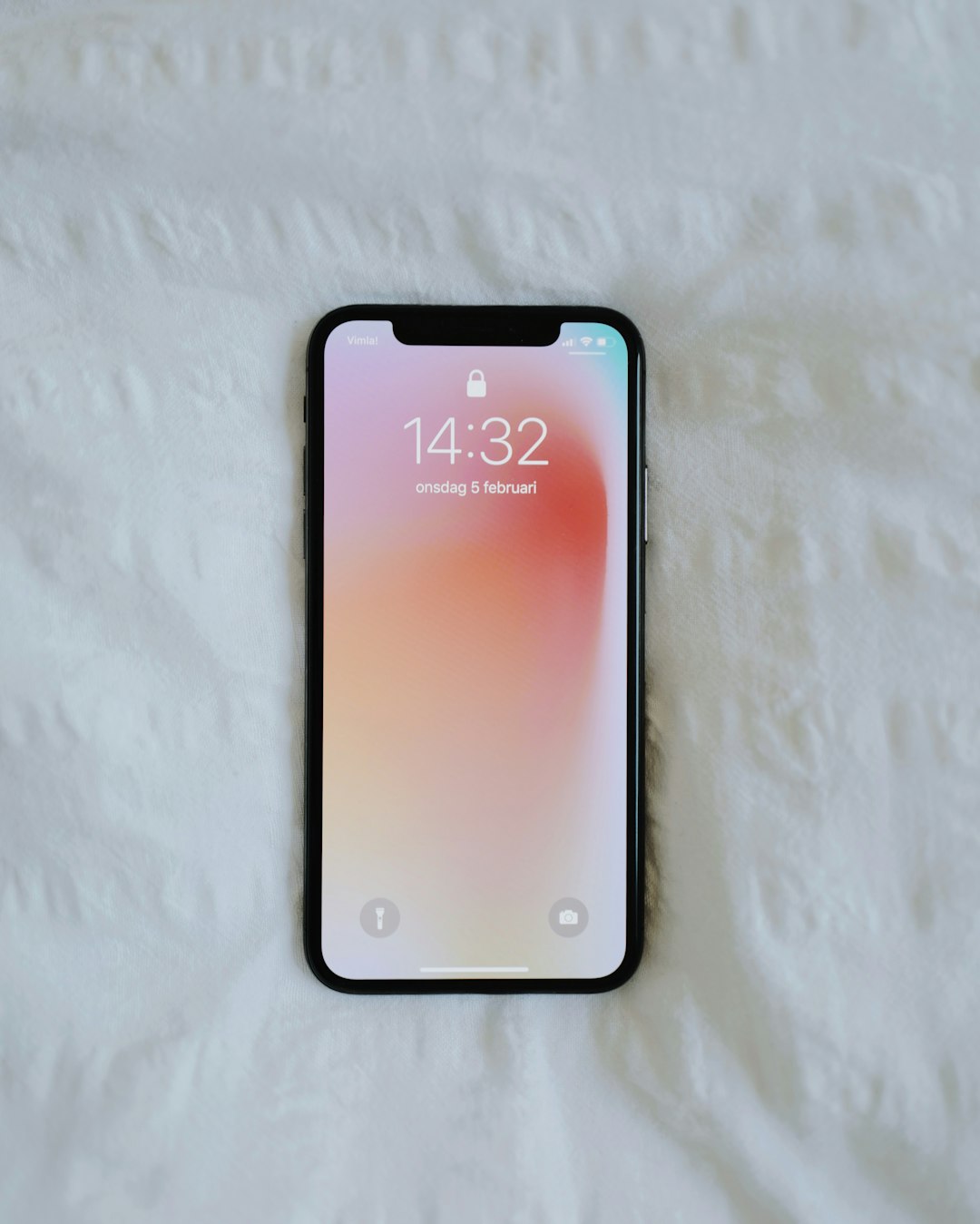Philadelphia's urban environment is experiencing a surge in digital intrusions through spam texts and robocalls, with residents increasingly seeking legal assistance from Spam Text Lawyer Philadelphia. While robocalls have long been a problem, the rise of digital marketing has brought spam texts to the forefront, highlighting the need for both businesses and individuals to understand strict local regulations to protect against harassment and privacy invasion.
In the digital age, Philadelphia, like many urban centers, faces a communication landscape saturated with messages from spam texts and robocalls. This article delves into the prevalence of these intrusive communications in Philadelphia, analyzing trends and comparing the volume of spam texts versus robocalls. We explore the legal perspective from a Spam Text Lawyer Philadelphia perspective, shedding light on rights, regulations, and strategies to mitigate this growing nuisance.
Analyzing Philadelphia's Communication Landscape

Philadelphia, like many urban centers across the nation, is a bustling metropolis where communication takes on various forms. In recent years, two intruding forces have significantly impacted how residents engage in conversations: spam texts and robocalls. Analyzing this dynamic landscape reveals a complex interplay between these digital intruders and their impact on consumers’ daily lives.
Spam texts, often unsolicited marketing messages disguised as personal communications, have become a prevalent nuisance. With the rise of mobile technology, lawyers specializing in spam text cases in Philadelphia have witnessed an increase in clients seeking redress. On the other hand, robocalls, automated phone calls used for marketing or debt collection, continue to plague Philadelphians despite regulatory efforts. Understanding these trends is crucial for both consumers and legal professionals alike, as they navigate this evolving communication landscape and seek protection against intrusive practices.
Uncovering Spam Text Prevalence

In the digital age, navigating through the barrage of communication methods can be overwhelming, especially with the persistent issues of spam texts and robocalls. Uncovering the true prevalence of spam texts versus robocalls is a complex task, as both forms of unsolicited communication have evolved to adapt to changing technologies and regulations. However, for those seeking clarity, understanding this distinction is crucial, particularly when considering legal recourse through a Spam Text Lawyer Philadelphia.
Research indicates that while robocalls often receive more public scrutiny and regulatory attention due to their invasive nature, spam texts have quietly risen as a significant concern. With advancements in text messaging platforms, sending bulk messages has become easier, leading to an increase in spam texts across various industries. This shift demands closer inspection and potential legal action against companies engaging in excessive or deceptive text messaging practices, as advised by a Spam Text Lawyer Philadelphia.
Legal Perspective on Spam Texts vs. Robocalls

In Philadelphia, as in many jurisdictions across the United States, the legal landscape regarding spam texts and robocalls is defined by strict regulations aimed at protecting consumers from unwanted and invasive communication. These laws, enforced by spam text lawyer Philadelphia-based attorneys, are designed to curb practices that can lead to harassment and privacy invasion.
While robocalls have traditionally been the more prevalent issue, with the rise of digital marketing and communication tools, spam texts have emerged as a significant concern. Both forms of communication, if not properly authorized by recipients, carry hefty legal penalties for violators. Understanding these regulations is crucial for businesses and individuals alike to ensure compliance and protect their rights in the ever-evolving digital communications landscape.






